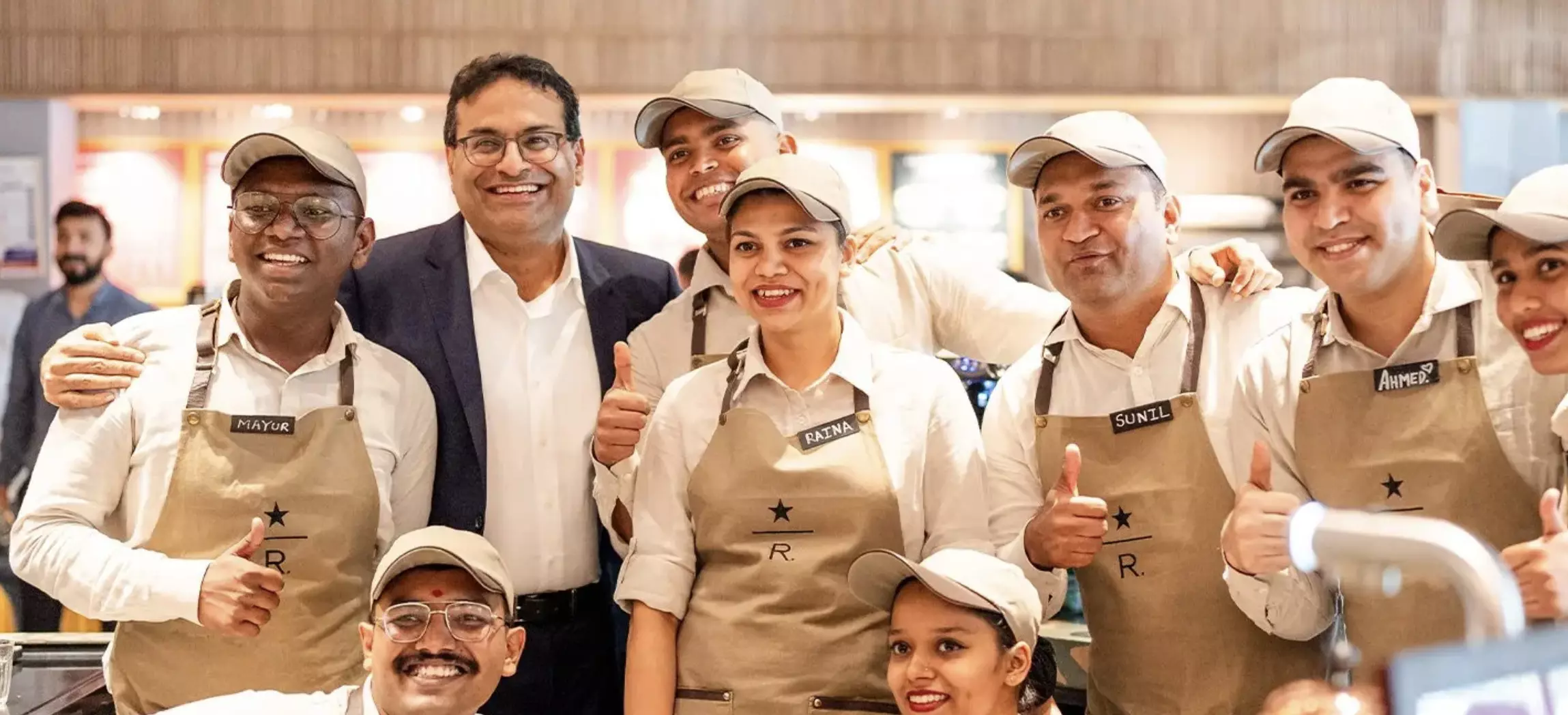Starbucks, led by CEO Laxman Narasimhan, faces a decisive moment
Starbucks bid farewell to an era marked by the indomitable presence of Howard Schultz, the transformative figure who sculpted the company into the global powerhouse it is today.
image for illustrative purpose

Starbucks bid farewell to an era marked by the indomitable presence of Howard Schultz, the transformative figure who sculpted the company into the global powerhouse it is today. Though Schultz didn't birth Starbucks, his stewardship defined its trajectory, embodying the dualities inherent in founder-CEOs: a blend of fervor and fallibility.
Schultz officially relinquished his role as CEO in March 2023, yet whispers lingered of his potential return, a pattern seen twice before. However, recent developments signal a definitive departure from the Schultz era. For the first time, Starbucks and its employee union engaged in discussions towards collective bargaining agreements, a significant thaw in their historically frosty relationship.
Schultz's aversion to unions was deeply entrenched, viewing their presence as a mark of corporate misbehavior—an ethos incongruent with his vision for Starbucks. His tenure saw confrontations with labor organizing, culminating in a contentious Senate hearing where accusations of aggressive union suppression were leveled against the company.
This clash presented a stark departure from Starbucks' progressive image, championing causes like gun control and racial justice. Yet, Schultz's staunch anti-union stance contradicted this narrative, illustrating the complexities of founder-driven enterprises.
His visceral reaction to unionization reflected a personal narrative, shaped by his father's unjust dismissal from a previous job. However, as Starbucks faced mounting pressure from both external boycotts and changing consumer demographics—particularly the union-friendly Gen Z—Schultz's stance became increasingly untenable.
Under new leadership, represented by CEO Laxman Narasimhan, Starbucks finds itself at a crossroads. The decision to engage with the union signals a departure from Schultz's legacy, acknowledging the evolving landscape of corporate responsibility and labor relations.
Schultz's tenure at Starbucks was characterized by more than just coffee; it encapsulated a brand ethos intertwined with values. Yet, as the company navigates a shifting societal landscape, it acknowledges the necessity of aligning its actions with the demands of a new generation.
In bidding adieu to the Schultz era, Starbucks embarks on a new chapter—one shaped not solely by passion and personal conviction but by the pragmatic recognition of evolving consumer sentiments and the imperatives of responsible corporate governance.

